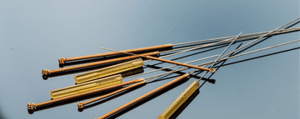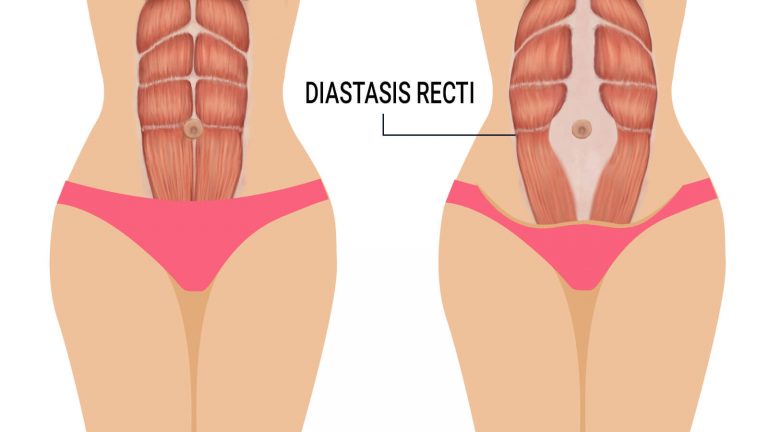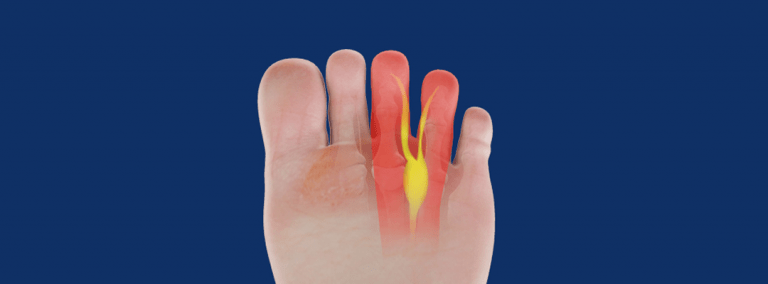Acupuncture is becoming more and more frequently used in our mainstream health care system these days. From physiotherapists to doctors, some type of needling technique is often a choice of treatment. It is often confusing to know which technique would be the best option for therapy so we thought we would put together this handy guide. It is a useful technique to target tissues that are not manually palpable.
What Kind of Needles Are Used?
All types of acupuncture use similar needles but the therapist will choose the length and the size that is appropriate for the tissue being addressed; the needle penetrates the skin and stimulates underlying myofascial trigger points and muscular and connective tissues or specific acupuncture points.
Physical therapists wear gloves and appropriate personal protective equipment when dry needling, consistent with Infection Prevention standards. The sterile needles are disposed of in a medical sharps collector.
Although the acupuncture needles are the same, the technique and goals of treatment differ.
The Different Types of Treatment
Dry Needling and IMS are often referred to as acupuncture, but this is a bit of a misnomer. These are needling techniques but the theory behind them is based on modern Western medicine principles and supported by research. Traditional acupuncture points are not used in these types of treatments.
Dry Needling is primarily directed at trigger points, and myofascial pain, which is identified as tender palpable points within the muscle. Dry needling involves insertion of an acupuncture needle into these trigger points to release the tightness in the muscle. The technique uses a “dry” needle, one without medication or injection, inserted through the skin into areas of the muscle, known as trigger points. A trigger point is a taut band of skeletal muscle located within a larger muscle group. The goal is to release or inactivate trigger points to relieve pain or improve range of motion, reduces muscle tension, and normalizes dysfunctions of the motor end plates, the sites at which nerve impulses are transmitted to muscles. This can help speed up the patient’s return to active rehabilitation. Dry needling is similar but not the same as IMS.
Intramuscular Stimulation (IMS) differs from dry needling in that IMS is a total system for the diagnosis and treatment of chronic pain of a neuropathic (nerve) origin. Neuropathic pain occurs when nerves malfunction following injury or tissue irritation. Practitioners have to have very specific training. The treatment involves dry needling of affected areas of the body, which can be muscles in the legs or arms, or near the spine where the nerve root may have become irritated. Only one needle is inserted at a time and stays in for only a few seconds; multiple muscles may be treated in one session. This type of needling creates some muscle soreness during treatment and may last for a few hours to a day or two. This temporary discomfort is followed by significant muscle relaxation, improved mobility and reduction of pain. Physiotherapists who do this have very specific training.
Traditional Acupuncture is very gentle with only mild discomfort association with insertion of the needles. The selection of treatment areas is based on the principles of Chinese meridians (channels of energy flow in the body) which have hundreds of acupuncture points all over the body. In traditional acupuncture, the needles are typically left in for 15-20 minutes or longer and the purpose is to stimulate the body’s release of natural painkillers (endorphins) and anti-inflammatories as well as trigger point release of tight muscles and flow of qi. Traditional acupuncture produces effects in areas of the body other than just the area of needling and can be used for any type of condition or injury.





